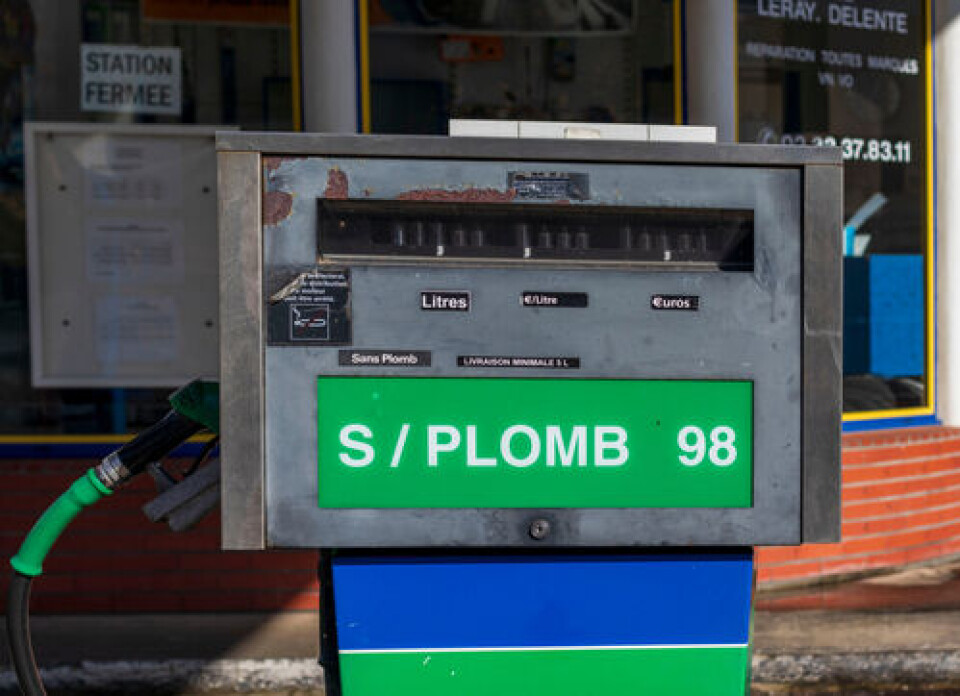-
Farmer protests block motorway entrances and major roads in south-west France
Ongoing action comes in response to culling of cattle affected by contagious Lumpy Skin Disease
-
Many parcel collection points in France are overwhelmed as Christmas approaches
Heavy customer traffic leaves some struggling to cope
-
Veggie burgers and plant-based sausages: French farmers and consumers react to name ruling delay
The EU failed to reach final agreement to draft rules governing plant-based naming
Independent French garages get aid to install electric charge points
State aid will cover up to 70% of the cost of installations as demand for electric vehicles overtakes the means to power them

The French government has pledged to give €10million in subsidies to help fund charging stations at small independent service stations.
It is hoped the stations will become “key players” in the transition from petrol to electric and “bring power to the people” in la France profonde more rural areas.
While France has 75,279 charging points open to the public, equating to 28,737 terminals (monthly figures from Avere-France), not all departments are on the same level in terms of equipment. And rural areas are sometimes lagging behind, hence the new initiative to focus on small independent stations out in the countryside.
Key rural players
"Due to being widespread and also playing a role in local communities throughout France these independent service stations must become key players in the energy transition, bringing power to the French people," said Agnès Pannier-Runacher, Minister of Energy Transition.
The €10million will co-finance the new charging stations for electric vehicles but only to those delivering less than 2,500 m³ of fuel per year.
Some 4,000 garages are eligible for the grant, which became available from the Agency for the Environment and Energy Management (Ademe) at the beginning of December.
Depending on the power of the charging stations (50 or 150kW), the state's co-financing could be between 60 and 70% of the cost of the installation.
Package will help modernise rural stations
This is the second time the government has recently intervened in favour of independent service stations. The first was last August 22, with the introduction of a subsidy to apply a fuel discount until the end of December 2022. Depending on the average volume of fuel sold in 2021, some 880 small service stations were able to benefit from a grant of €3,000 or €6,000.
This package will also help modernise service stations and "confirm their essential role in the electrification of mobility," said the energy minister.
Tax break for homeowners
Motorists in France can also get a tax break to install electric charging points at their home (or second home). The tax credit amounts to 75% of the expenses incurred (equipment and installation), up to €300.
A wallbox unit costs (equipment and installation) around €1,000-€1,500.
Those who live in a collective housing unit such as an apartment block can also benefit from the Advenir grant from the Association pour le développement de la mobilité électrique.
Only around a tenth of public charge points are the most powerful 100kWh or more,
which allow some vehicles to fully charge in 90 minutes and give cars with bigger batteries around 500km in the same time. French advertisers say this is handy: it’s just about long enough to enjoy a restaurant meal!
Less powerful public chargers will require a much more serious lunch as they take at least four hours for the same level of charge.
Related articles:
Electric car owners let down by lack of fast chargers in France
France’s electric car for €100/month scheme: who is eligible?
























